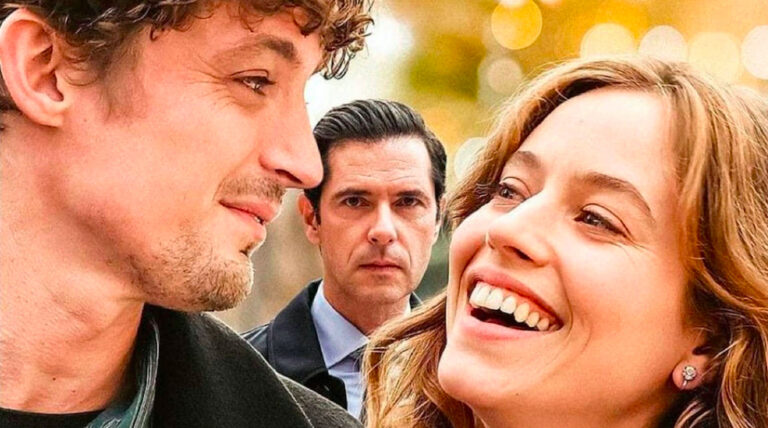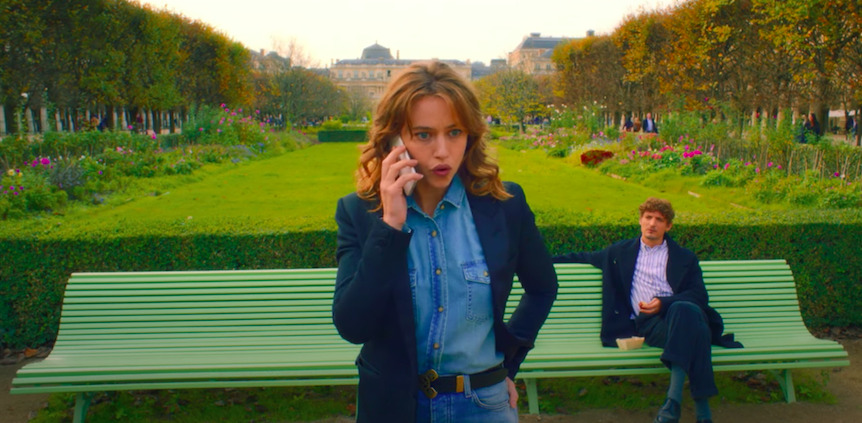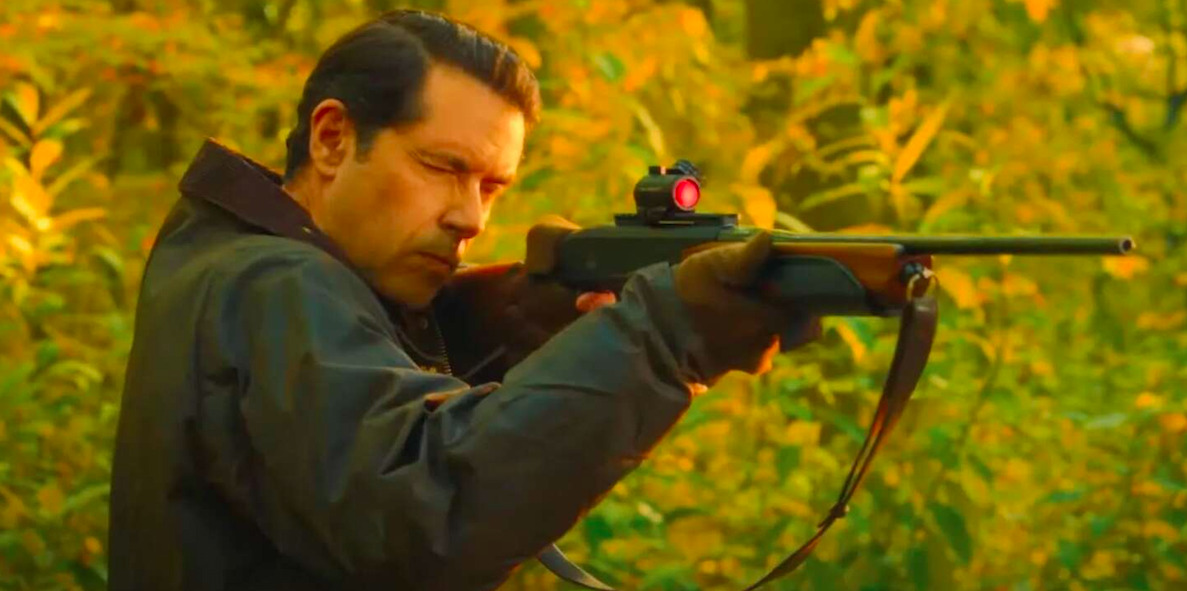
Presented at the 80th Venice Film Festival, Woody Allen’s latest work is his first French-language motion picture and represents the realisation of a dream for him. The filmmaker said: “I would have really liked to be a European director, perhaps Swedish or Italian. I finally managed to have the opportunity to make my first film in a foreign language.”
He thus returns to la Ville Lumière after twelve years since he shot Midnight in Paris.
Coup de chance — as the title says — is all about a fluke, an unexpected stroke of luck. This marks Woody Allen’s 50th film and has many elements that may remind of some of his previous works, such as Match Point, Crimes and Misdemeanors and Manhattan Murder Mystery. However, this film takes a more comedic tone as the thrilling element drives the narrative.

Fanny (Lou de Laâge) is a beautiful and cultured woman who is married to the very wealthy and controlling Jean (Melvil Poupaud). From the outside they look like the perfect couple.
He adores her and came into her a life as a blessing, after she had a previous and disastrous marriage. And yet, when Fanny crosses paths, by chance, with Alain (Niels Schneider), a dreamy writer and former high school classmate, she is immediately overwhelmed.
They meet again, and again, until they become lovers. Eventually things get out of control and unexpected twists will delight spectators, also thanks to amusing characters such as Fanny’s mother Camille (Valérie Lemercier), detective Henry Delany (Grégory Gadebois), his colleague Joséphine (Juliette Plumecocq-Mech), and a few disreputable men led by Dragos (Sâm Mirhosseini).
Coup de chance blends seriousness and lightness, gravity and gaiety. The profound subtext gets enveloped by trivial high society conversations, retreats in countryside mansions where deer hunting trips are held, and bohemian lunch breaks that become the sincerest expressions of love.

Throughout the film Woody Allen conveys his love for the Nouvelle Vague, as he explained: “I wanted to use the music that the French masters I love chose: Godard, Truffaut, Chabrol. In their films you could hear a lot of jazz from that period, but not what we Americans heard.” For instance, Herbie Hancock’s Cantaloupe Island, is part of the film’s music score.
Vittorio Storaro’s breathtaking cinematography is another great protagonist of the film, along with Alisa Lepselter’s compelling editing, Véronique Melery’s quaint decors and Sonia Grande’s exquisite costumes. The actors are perfectly cast, and although they are all established in their home country they are not international household names, which makes the entire movie more refreshing as the story comes to life.
Woody Allen creates an atmosphere of romance and mystery where dark comedy surprises at all times. He somehow seems to modernise the “Lubitsch Touch.” Like the German-born film director, Allen dissolves the distinction between form and content. In fact, the circumstances of the plot reiterate that no matter how strongly we try to direct our destiny, chance has the final decision.
Coup de chance ponders upon the meaning of life, the importance of coincidences, and how impactful serendipity can be.
Final Grade: A-

